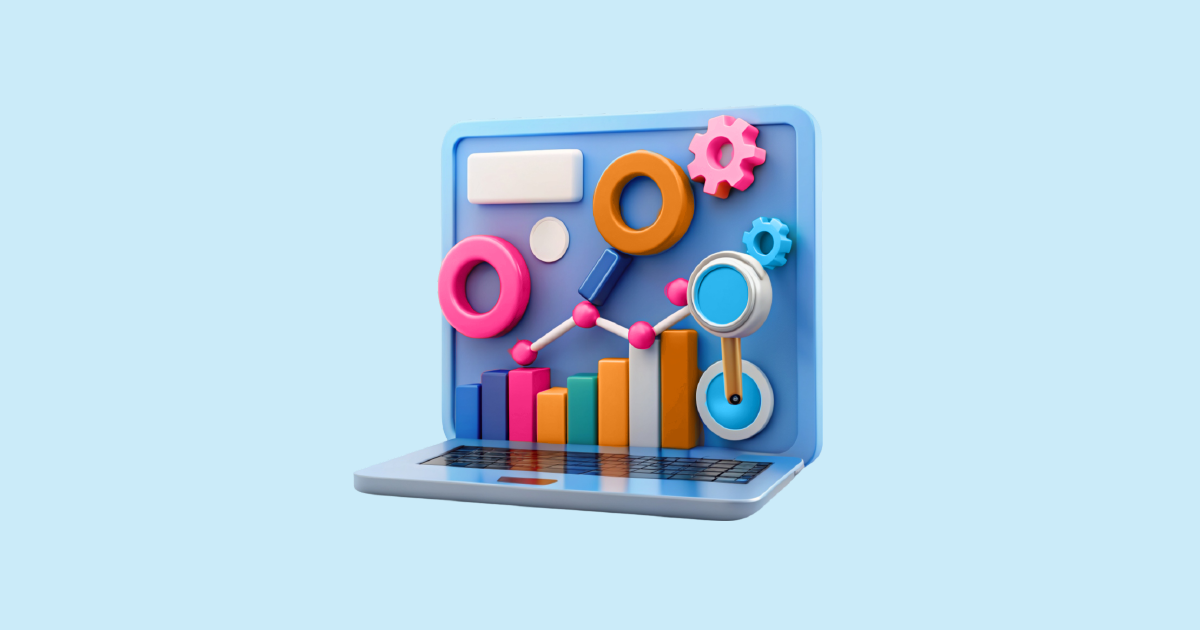In the digital age, social media has become a powerful platform for businesses to connect with their audience, build brand awareness, and drive sales. But with millions of posts, tweets, and shares happening every second, how can a business keep track of what’s being said about them? This is where social media tracking services come into play. These services are essential for any business that wants to stay ahead of the curve and ensure they are making informed decisions based on accurate data.
What Are Social Media Tracking Services?
![]()
Definition and Scope
Social media tracking services refer to tools and platforms that allow businesses to monitor, analyze, and respond to social media activities. These services can track brand mentions, hashtags, keywords, and more across various social media platforms like Facebook, Twitter, Instagram, and LinkedIn.
How They Work
1. Data Collection
Social media tracking services work by continuously scanning social media networks for mentions of specific keywords, phrases, or brand names. This data is then collected and stored for further analysis.
2. Analysis and Reporting
Once the data is collected, it is analyzed to provide insights into trends, audience sentiment, and engagement levels. Most social media tracking tools offer customizable reports that can help businesses make data-driven decisions.
3. Key Benefits of Using Social Media Tracking Services
The benefits of using social media tracking services are numerous. These tools help businesses understand their audience better, track the effectiveness of their social media campaigns, and stay ahead of potential PR crises by monitoring brand mentions in real-time.
Why Businesses Need Social Media Tracking Services
1. Understanding Audience Behavior
One of the primary reasons businesses use social media tracking services is to understand their audience better. By monitoring what people are saying about their brand, products, or industry, businesses can gain valuable insights into customer preferences, pain points, and trends.
2. Competitor Analysis
Social media tracking isn’t just about monitoring your own brand; it’s also about keeping an eye on the competition. By tracking competitors’ social media activities, businesses can learn what works and what doesn’t, helping them stay ahead in the market.
3. Crisis Management and Reputation Monitoring
In today’s fast-paced digital world, a single negative comment can quickly spiral into a full-blown PR crisis. Social media tracking services allow businesses to respond quickly to any negative mentions, mitigating potential damage to their reputation.
Popular Social Media Tracking Tools
Overview of Top Tools
There are numerous social media tracking tools available, each with its own set of features and capabilities. Below are some of the most popular options:
1. Hootsuite
Hootsuite is one of the most widely used social media management tools, offering extensive tracking and reporting features. It allows businesses to monitor multiple social media accounts from a single dashboard.
2. Sprout Social
Sprout Social is another powerful tool that offers robust social media tracking capabilities. It provides detailed analytics and reporting features, making it easy for businesses to track their social media performance.
3. AIM Insights
AIM Insights specializes in social media listening and analytics, offering advanced features like sentiment analysis and trend tracking. It’s particularly useful for larger businesses with a strong focus on brand management.
Features to Look For in a Social Media Tracking Tool
When choosing a social media tracking tool, it’s important to consider the features that are most relevant to your business needs. Some key features to look for include real-time tracking, customizable reports, sentiment analysis, and integration with other marketing tools.
How to Choose the Right Social Media Tracking Service
1. Assessing Your Business Needs
Before selecting a social media tracking service, it’s essential to assess your business needs. Consider what you want to achieve with social media tracking, whether it’s improving customer engagement, monitoring brand reputation, or analyzing competitor activity.
2. Budget Considerations
Social media tracking tools come in a wide range of prices, from free options to premium services with advanced features. It’s important to choose a tool that fits within your budget while still meeting your needs.
3. Integration with Existing Tools
Another important factor to consider is whether the social media tracking tool can integrate with your existing marketing tools. Integration can streamline your workflow and ensure that all your data is in one place.
Best Practices for Using Social Media Tracking Services
1. Setting Clear Goals and KPIs
To get the most out of your social media tracking services, it’s important to set clear goals and key performance indicators (KPIs). This will help you measure the success of your social media campaigns and make necessary adjustments.
2. Regularly Reviewing and Adjusting Strategies
Social media is constantly evolving, so it’s important to regularly review and adjust your strategies based on the insights gained from your tracking tools. This will ensure that your social media efforts remain effective and aligned with your business goals.
3. Leveraging Insights for Content Creation
One of the most valuable aspects of social media tracking is the ability to leverage insights for content creation. By understanding what topics resonate with your audience, you can create content that is more likely to engage and convert.
Challenges and Limitations
1. Data Privacy Concerns
With the rise of data privacy regulations like GDPR, businesses need to be mindful of how they collect and use social media data. It’s important to ensure that your social media tracking practices comply with all relevant laws and regulations.
2. Over-reliance on Data
While data is incredibly valuable, it’s important not to become too reliant on it. Social media tracking should be used as a tool to inform decision-making, but it shouldn’t replace human intuition and creativity.
3. Managing the Complexity of Multiple Platforms
Managing social media tracking across multiple platforms can be challenging, especially for businesses with a large social media presence. It’s important to choose a tool that can handle the complexity of tracking multiple accounts and platforms.
Future Trends
1. AI and Machine Learning in Social Media Tracking
The future of social media tracking is likely to be shaped by advancements in AI and machine learning. These technologies will enable more accurate and efficient tracking, as well as more advanced analysis of social media data.
2. The Growing Importance of Video Content
As video content continues to grow in popularity, social media tracking services will need to adapt to monitor and analyze this type of content more effectively. This will be crucial for businesses that rely heavily on video marketing.
3. Integration with Other Digital Marketing Tools
In the future, we can expect to see even more integration between social media tracking services and other digital marketing tools. This will enable businesses to have a more holistic view of their marketing efforts and make more informed decisions.
Conclusion
Social media tracking services are an essential tool for businesses in today’s digital landscape. They provide valuable insights into audience behavior, help manage brand reputation, and enable more effective marketing strategies. As social media continues to evolve, these tools will become even more important for businesses looking to stay competitive.
To see how social media tracking can transform your business, request a demo from AIM Technologies today. Discover how our cutting-edge tools can help you stay ahead of the curve and make data-driven decisions that drive success.
FAQs
What is the difference between social media monitoring and social media tracking?
- Social media monitoring focuses on observing and responding to social media interactions, while social media tracking involves the systematic collection and analysis of data related to those interactions.
Can small businesses benefit from social media tracking services?
- Absolutely! Small businesses can use social media tracking services to gain insights into their audience, monitor brand reputation, and stay competitive in their market.
How often should businesses review their social media tracking data?
- Businesses should review their social media tracking data regularly, at least once a week, to ensure that their strategies remain effective and aligned with their goals.
Are there free tools available for social media tracking?
- Yes, there are several free tools available, such as Google Alerts and TweetDeck, that can help with basic social media tracking.
How can social media tracking improve customer engagement?
- By understanding what your audience is talking about and what they care about, social media tracking can help you create content and engage in conversations that resonate with your audience, leading to higher engagement.



